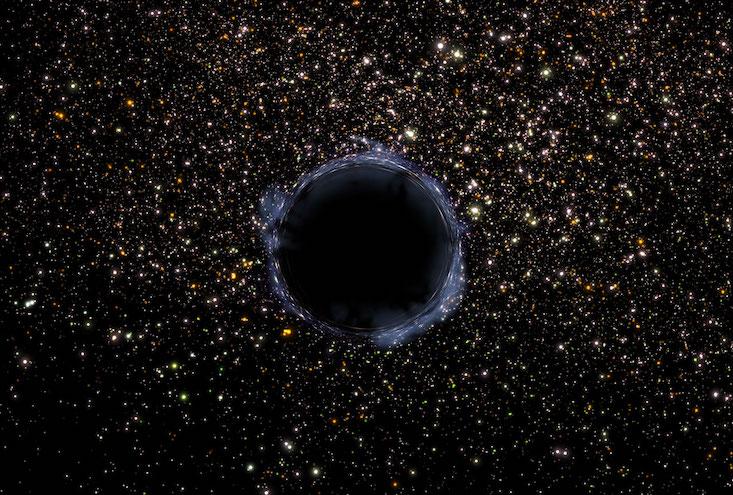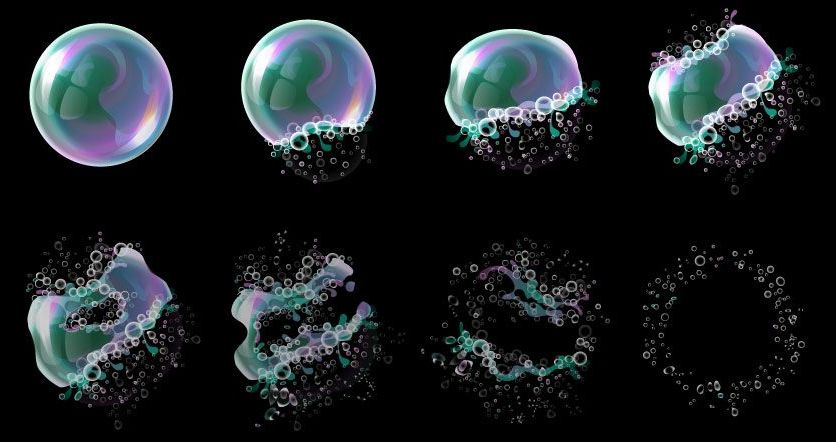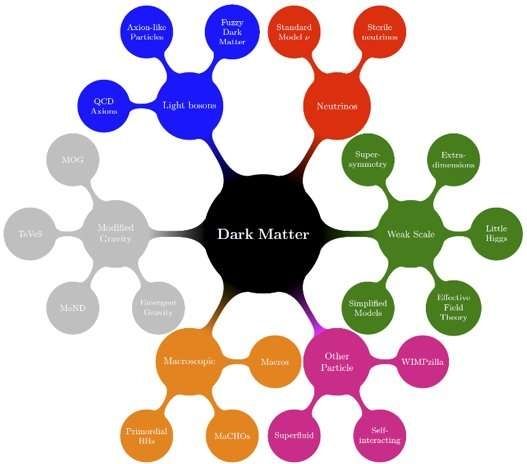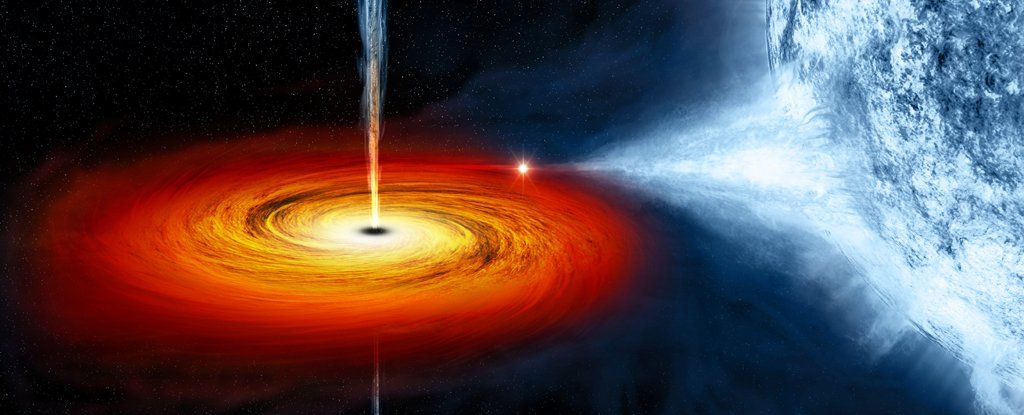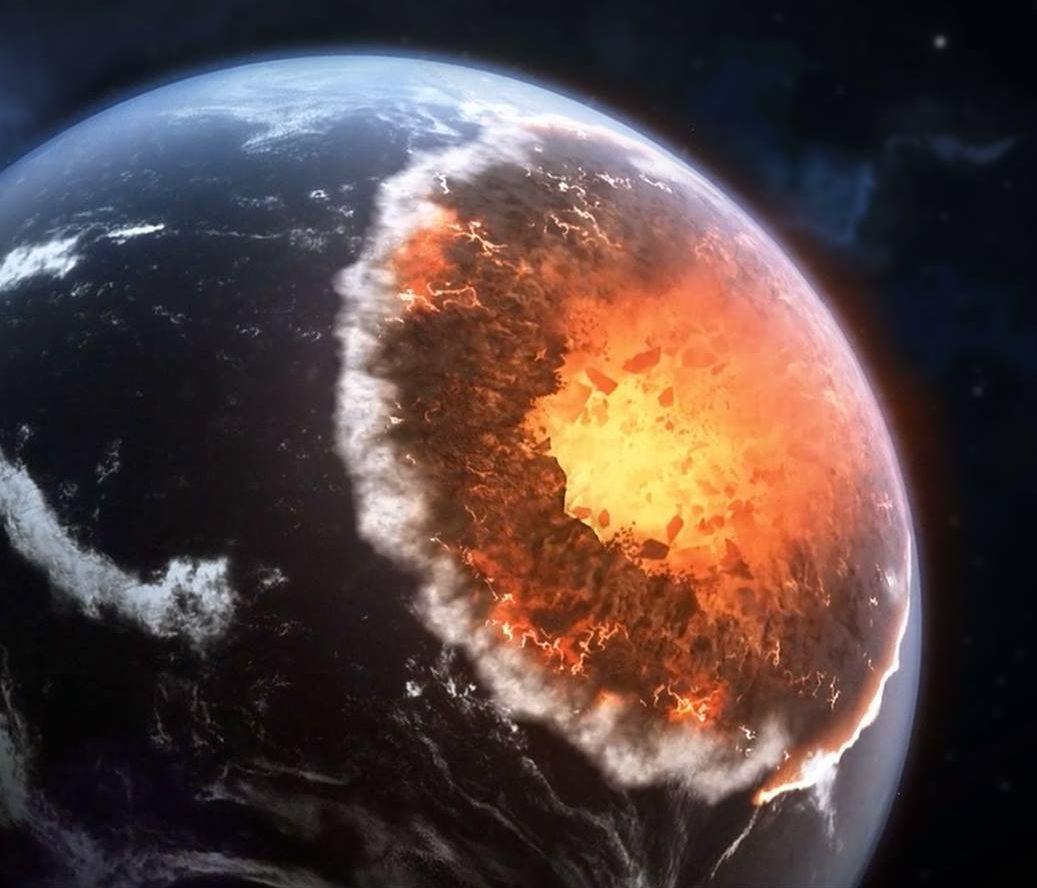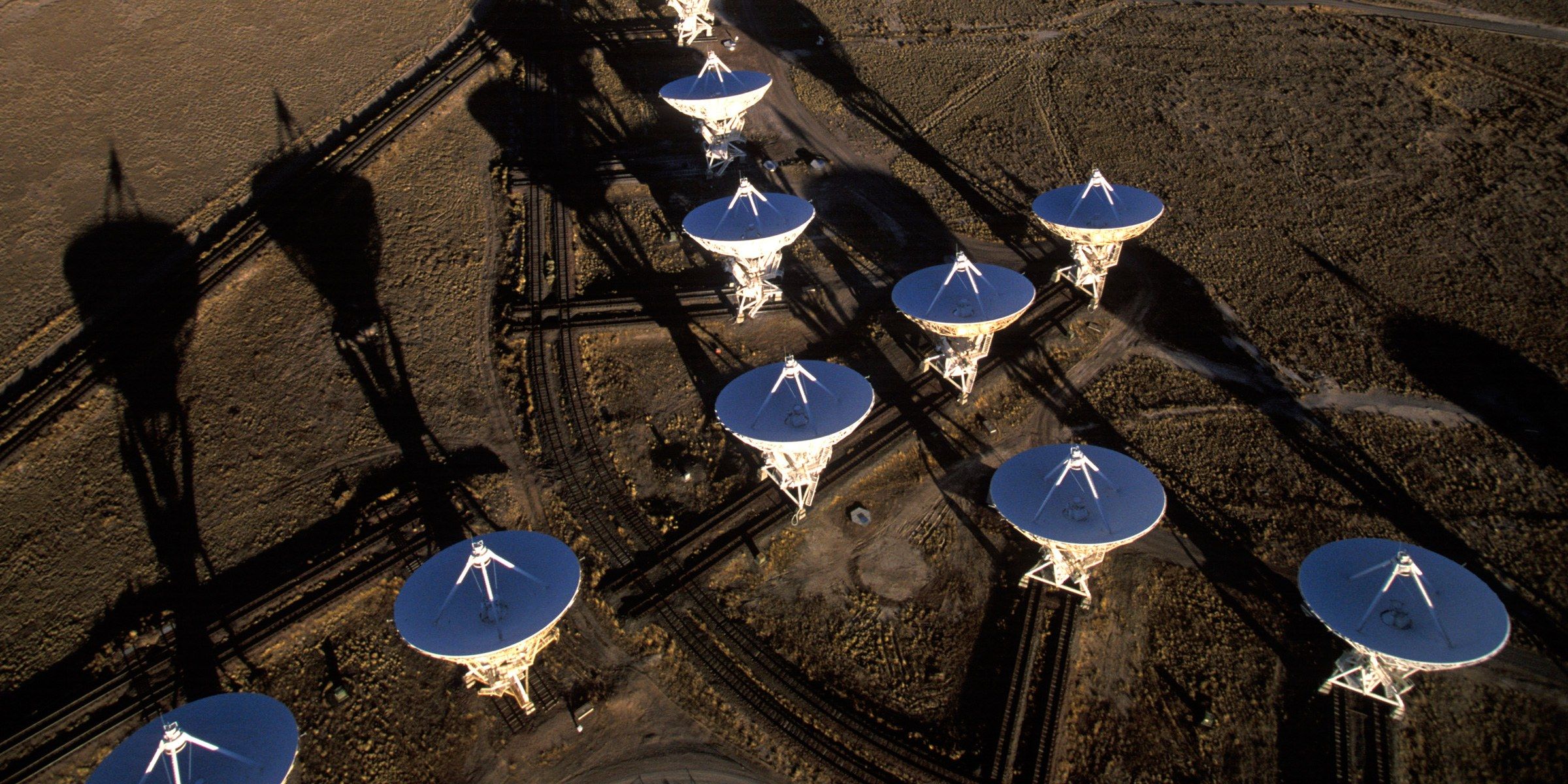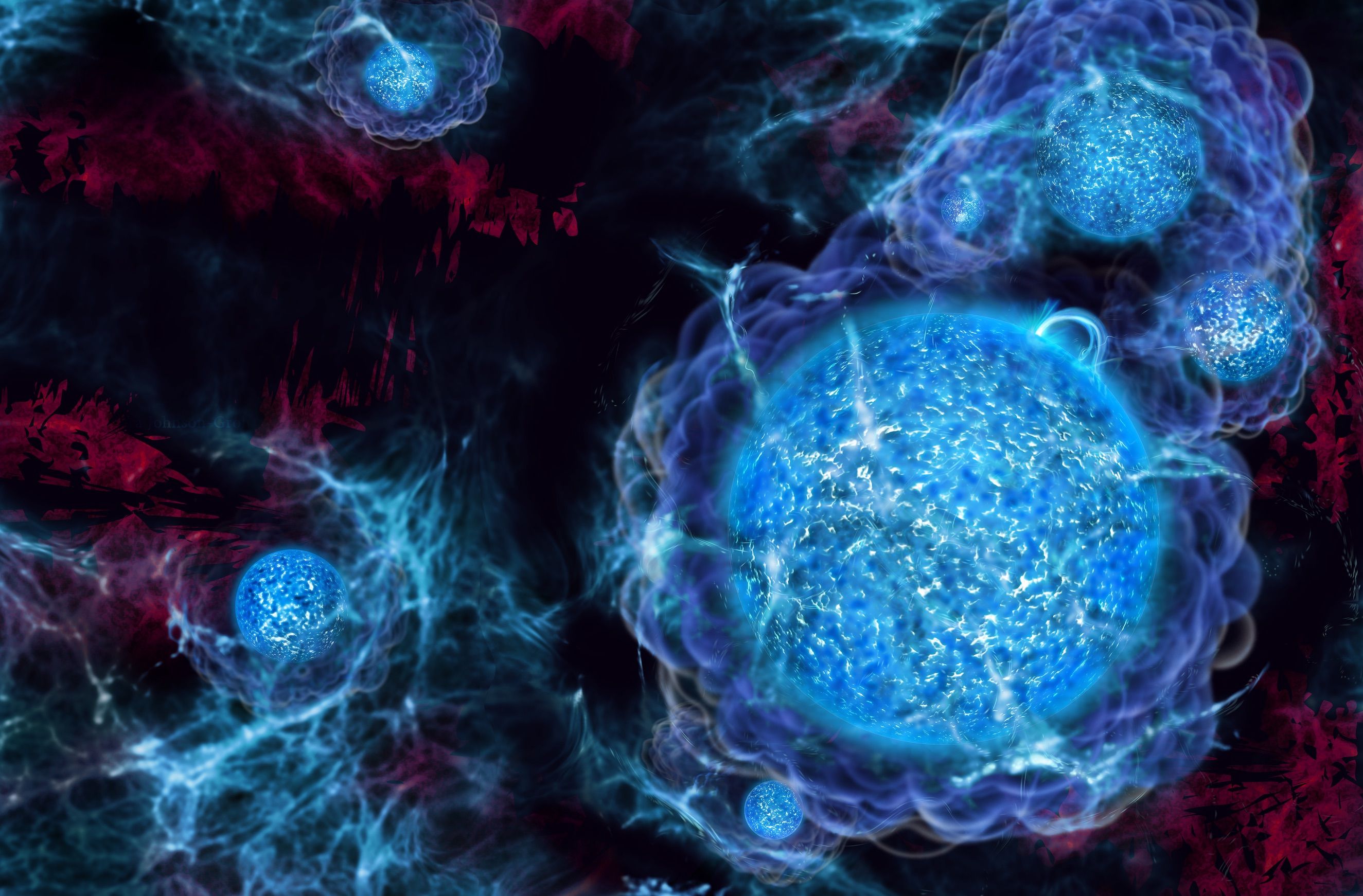Archive for the ‘cosmology’ category: Page 350
Oct 11, 2018
The universe’s continued existence implies extra dimensions are tiny
Posted by Saúl Morales Rodriguéz in category: cosmology
The strictest limits yet on the size of extra dimensions come from the fact that black holes haven’t destroyed the universe.
Oct 10, 2018
Stephen Hawking’s final scientific paper released
Posted by Genevieve Klien in category: cosmology
Black Hole Entropy and Soft Hair was completed in the days before the physicist’s death in March.
• Black holes and soft hair: why Stephen Hawking’s final work is important.
The international collaborative n_TOF, in which a group of University of Seville researchers participated, has made use of the unique capacities of three of the world’s nuclear facilities to carry out a new experiment aimed at finding an explanation of the cosmological lithium problem. This problem is among the still unresolved questions of the current standard description of the Big Bang. The new experimental results, their theoretical interpretations and their implications have been published in Physical Review Letters.
Oct 7, 2018
On the Nature of Causality in Complex Systems, George F.R. Ellis
Posted by Xavier Rosseel in categories: biological, cosmology, mathematics

https://www.youtube.com/watch?v=n4YtQ-N_t84
When listening to world science festival’s latest episode on youtube, Pondering the Imponderables: The Biggest Questions of Cosmology, I found myself to be most in line with George F.R. Ellis’ line of thinking overall.
Big Bang cosmology, chemical and biological evolutionary theory, and associated sciences have been extraordinarily successful in revealing and enabling us to understand the development of the.
Continue reading “On the Nature of Causality in Complex Systems, George F.R. Ellis” »
Oct 5, 2018
A new era in the quest for dark matter
Posted by Genevieve Klien in categories: cosmology, particle physics
Since the 1970s, astronomers and physicists have been gathering evidence for the presence in the universe of dark matter: a mysterious substance that manifests itself through its gravitational pull. However, despite much effort, none of the new particles proposed to explain dark matter have been discovered. In a review that was published in Nature this week, physicists Gianfranco Bertone (UvA) and Tim Tait (UvA and UC Irvine) argue that the time has come to broaden and diversify the experimental effort, and to incorporate astronomical surveys and gravitational wave observations in the quest for the nature of dark matter.
Over the past three decades, the search for dark matter has focused mostly on a class of particle candidates known as weakly interacting massive particles (or WIMPs). WIMPs appeared for a long time as a perfect dark matter candidate as they would be produced in the right amount in the early universe to explain dark matter, while at the same time they might alleviate some of the most fundamental problems in the physics of elementary particles, such as the large discrepancy between the energy scale of weak interactions and that of gravitational interactions.
Oct 4, 2018
We’ve Just Found The Source of Some of The Most Powerful Light Beams Ever Detected
Posted by Genevieve Klien in category: cosmology
Matter ejected from a spinning disc of doom surrounding a black hole a mere 15,000 light years away has produced some of the most energetic rays of light ever witnessed from an object of its kind.
The insanely powerful photons of gamma radiation were produced by a never-before-seen phenomenon surrounding a miniature quasar. The discovery could help us better understand what goes on deep in the chaotic heart of the Milky Way.
SS 433 is a smaller version of the kinds of maelstrom of death you’d find lurking at the core of most galaxies. It’s also in our neighbourhood, more or less, making it relatively easy to study.
Oct 3, 2018
What If a Coin-Sized Black Hole Appeared On Earth
Posted by Michael Lance in category: cosmology
Oct 3, 2018
America’s Clergy Are Teaming Up With Scientists
Posted by Genevieve Klien in categories: cosmology, neuroscience
Scientists and religious leaders joined forces to create programs on neuroscience, cosmology—and even some evolutionary science.
With help from dark matter annihilation, some of the universe’s earliest stars were able to grow much larger than they would otherwise.
